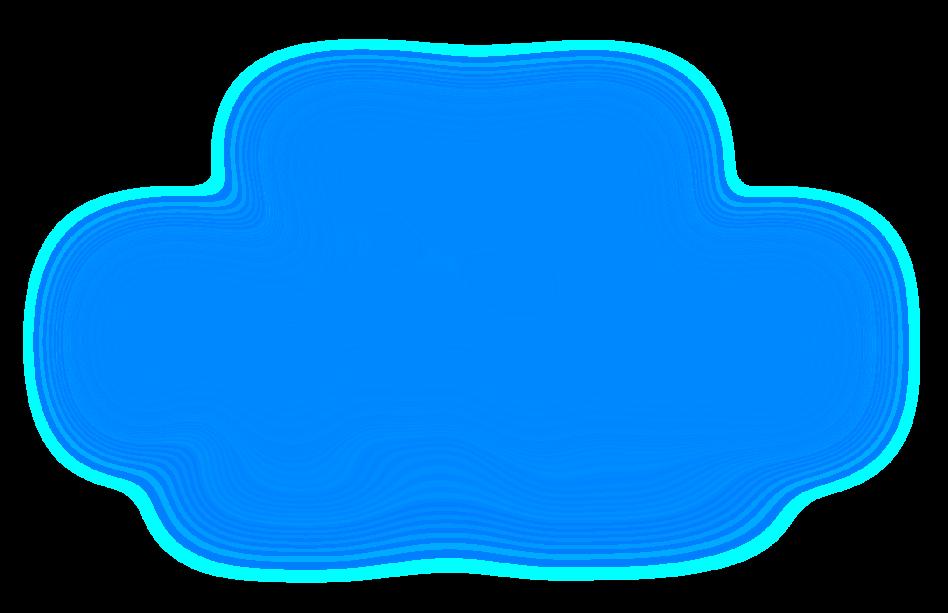
7 minute read
The Future
from Jewishtimes 8/21/20
by Mesora.org
RABBI MOSHE BEN-CHAIM

Advertisement

DOES IT EXIST?
Moses warns the Jews:
When you enter the land that the Lord your God is giving you, you shall not learn to imitate the erroneous practices of those nations. Let no one be found among you who consigns his son or daughter to the fire, or who is an augur, a soothsayer, a diviner, a sorcerer, one who casts spells, or one who consults ghosts or familiar spirits, or one who inquires of the dead. For anyone who does such things is estranged from the Lord, and it is because of these errors that the Lord your God is dispossessing them before you. You must be wholehearted with the Lord your God. (Deut. 18:9-13)
Rashi comments:
THOU SHALT BE PERFECT WITH THE Lord THY GOD — Walk before him whole-heartedly, put your hope in Him and do not attempt to investigate the future, but whatever it may be that comes upon thee, accept it whole-heartedly, and then thou shalt be with Him and become His portion (Sifrei Devarim 173:3).
What element of these inquiries into the future did Moses deem estrange one from God, that one is no longer “complete” with God?
Why do people seek the future? Seeking astrologers, fortune tellers, inquiring from the dead et al. are based on a false notion and a weak psyche. The false notion is that the future is real—a fixed and knowable
(CONT. ON NEXT PAGE)
reality—as real as the present. The weakness of the psyche is insecurity about one’s future. Moses teaches the heathens’ fundamental errors: the belief in “powers” other than nature that determine success and failure is false, just as false as the ability to gain foreknowledge without prophecy. With such beliefs, God is no longer the single power guiding the universe. And that the future is fixed, is also erroneous. We know from Torah that sins can forfeit fortune (entering the land immediately was delayed 40 years) and repentance can avert punishment: “Teshuva, prayer and charity avert the evil decree.” A third error of these beliefs is that people feel that there are certain unique individuals such as fortune tellers or soothsayers who possess some knowledge of, control over, or connection with these powers.
The desire to know the future implies a lack of trust that God can care for you if you follow Him. The desire to know the future is an attempt to know what to prepare for. And preparation means that you view the future as fixed and certain, and you then gauge your actions accordingly. The desire to know the future is a rejection of God's system of reward and punishment. For if one lives properly, he has nothing to fear. Nothing but God’s objective plans are definite. But man’s subjective framework is in flux.
This explains Rashi's words that if you just look to God and you don't seek out knowledge of the future then “you will be with God and in His portion.” Meaning, you accept that God alone rules the world: there are no mystical forces guiding reality; there is no charted future for man’s decisions and his subjective fate. Nor are there “special people” who are privy to it, who can reveal it to you…of course for payment.
But the person who trusts that God takes care of His followers does not concern himself with inquiring of the future. He does not think about what the future “beholds,” precisely because he knows his future is not etched in stone. He also knows God is by his side. It is like King David said, “A thousand may fall at your left side, ten thousand at your right, but it shall not reach you” (Psalms 91:7). Many times in Psalms King David refers to the protection of the righteous:
I turned to the Lord, and He answered me; He saved me from all my terrors. (34:5) Here was a lowly man who called, and the Lord listened, and delivered him from all his troubles. (34:7) The angel of the Lord camps around those who fear Him and rescues them. (34:8) Fear the Lord, you His consecrated ones, for those who fear Him lack nothing. (34:10)
Lions have been reduced to starvation, but those who turn to the Lord shall not lack any good. (34:11)
They cry out, and the Lord hears, and saves them from all their troubles. (34:18)
Though the misfortunes of the righteous be many, the Lord will save him from them all. (34:20) The verses are endless.
Rashi on Gen. 15:5 reads as follows:
God told Abraham: “Go forth from (give up) your astrological speculations, that you have seen by the planets that you will not raise a son; Abram indeed may have no son but Abraham will have a son: Sarai may not bear a child but Sarah will bear. I will give you other names, and your destiny will be changed.” Meaning, although nature might determine Abraham and Sarah to be barren, God controls nature and easily overrides it. Astrology here does not refer to mystical forces (which don’t exist), as Abraham rejected such nonsense. Here, astrology refers to Abraham’s understanding of natural law. God taught Abraham that he would alter nature to improve his life. But this concerns nature, which has fixed laws and regarding which a person is correct to assess how it progresses into the future. But what Moses rejects is not nature, but events. His vital lesson is that man’s future life does not yet exist. Seeking to learn the future is like seeking to discover what’s inside an empty box. The future did not happen yet, and thus, it cannot be perceived like the contents of that empty box. And what does not exist, should not be feared. Man’s decisions and his subjective life are not charted. No “special person” can tell you what will be. God alone guides a worthy person’s fate.
Walk before him whole-heartedly, put your hope in Him and do not attempt to investigate the future, but whatever it may be that comes upon thee, accept it whole-heartedly, and then thou shalt be with Him and become His portion. Moses’ lesson is not to follow the erroneous, practices of superstitious and insecure people by seeking what cannot be perceived. There are no powers other than God. Individual man’s future has not occurred yet. Following God leads to a good future. But of course, as God revealed future events (the Flood, Egyptian bondage and redemption, Rivkah’s twins, the Plagues, etc.) the glaring question is this: Does the future exist or not? As it has not yet transpired, it does not exist, and what is non-existent is not observable. But this is only from man’s perspective of time and observation. However, God doesn’t know matters trough the senses; He isn’t physical. God knows all as He is the creator; He is omniscient. As He is also outside of time (He created time), He has no future, so our past, present and future are known by Him equally. This explains Moses words which immediately follow our first quote above:
Those nations that you are about to dispossess do indeed resort to soothsayers and augurs; to you, however, the Lord your God has not assigned the like. The
Lord your God will raise up for you a prophet from among your own people, like myself; him you shall heed. (Deut. 18:14,15) Moses tells the Jews that, in contrast to the failed heathen attempts at accessing the future, God will communicate the future through a prophet:
And should you ask yourselves, “How can we know that the oracle was not spoken by the Lord?” [God answers] “If the prophet speaks in the name of the Lord and the oracle does not come true, that oracle was not spoken by the Lord; the prophet has uttered it presumptuously: do not stand in dread of him” (Ibid. 21, 22). Thus, in this parsha, Moses lays out the precise formulation of how man should relate to the future. In our subjective lives, we must trust God and accept how our lives progress and not seek foreknowledge, which is unavailable. But for the nation, God will at certain times intervene and communicate the future. But without prophecy, we are to embrace our reality and trust that Torah adherence will secure only goodness. God knows the future, but to us, the future does not exist. Our fates are in our hands. There is no fixed plan as our free will determines our lives. As we change ourselves, the outcome changes. It’s not fixed. Thus, what is non-existent cannot be perceived. But God knows all, and when necessary, He will reveal His plans. A person must not think that, “As God knows all, He knows if I will be evil or good. As He can’t be wrong, my life is fixed, so I have no free choice.” Maimonides answered this question in Hilchos Teshuva 5:5 saying that we don’t know how God knows, but His knowledge does not remove our free will. We don’t live in God’s world. We must view our reality as humans, which means we determine our future, which does not yet exist, and therefore cannot be known. ■


